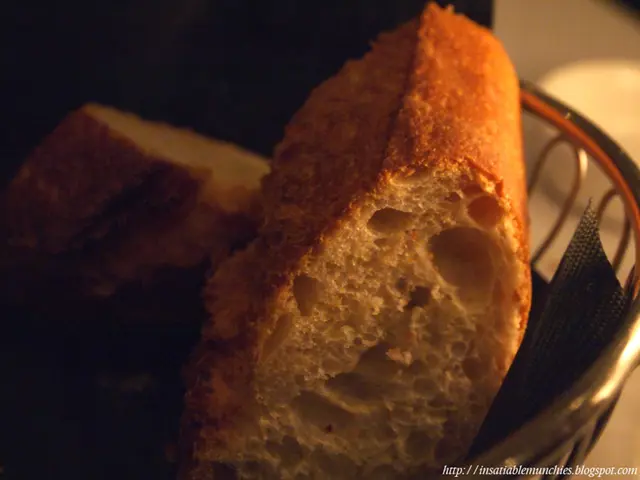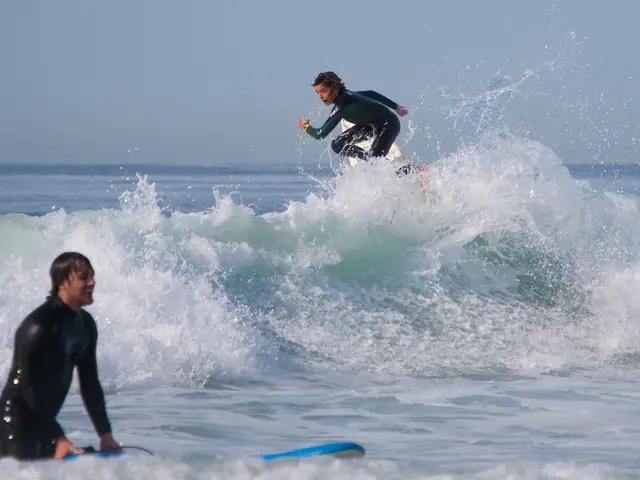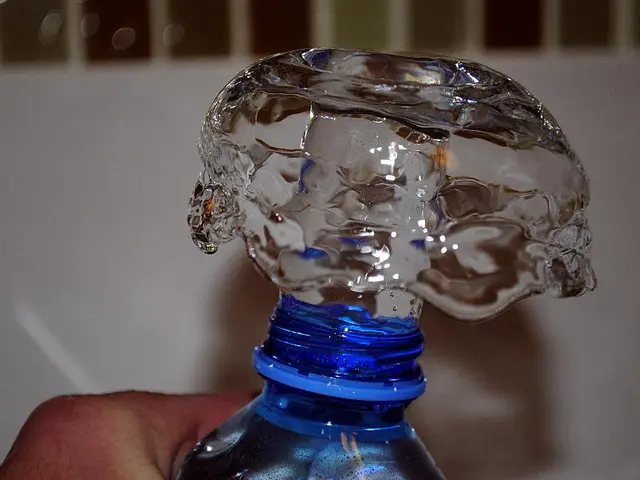Top Engaging Pastimes to Pursue During Addiction Rehabilitation
In the journey of recovery from addiction, finding activities that nurture both the body and mind is essential. A variety of hobbies and practices are recommended by top alcohol and drug rehab clinics to help individuals stay focused, enrich their lives, and aid in their personal growth.
Studies show that gardening is one such activity that offers numerous benefits. Not only does it reduce stress and lower cortisol levels, but watching plants grow can also feel incredibly rewarding and satisfying. Gardening encourages a sense of responsibility, which can be perfect for rebuilding life in recovery. Moreover, the act of nurturing and caring for plants mirrors the patience, care, and attention required in the recovery process.
Volunteering is another meaningful way to regain self-worth and develop a more positive outlook on life. By providing a sense of purpose, fostering gratitude, and strengthening community connections, volunteering can play a significant role in personal growth during recovery.
Engaging in regular exercise is also encouraged by health professionals during recovery. Activities such as Couch to 5k, beginner yoga, swimming, or lifting weights can serve as a starting point for those looking to incorporate exercise into their routine. Joining a team or class for exercise can help form healthy relationships and reduce isolation. Regular exercise releases endorphins and boosts mood, which can be beneficial in managing emotions effectively and reducing cravings.
Creative arts, such as painting/drawing, music (singing or playing instruments), writing (journaling or poetry), and mindfulness/meditation practices, are also widely encouraged for their therapeutic and concentration-enhancing effects in recovery settings. These activities support emotional regulation, concentration, and mental resilience, making them ideal for those in recovery. Art therapy has been proven to help people with trauma and anxiety, offering a safe space to express and process emotions.
Mindfulness and meditation, practiced in addiction treatment or detox, are also beneficial in recovery. They help one stay present, manage emotions effectively, and reduce cravings. Meditation improves concentration and emotional stability, aiding long-term recovery.
In conclusion, finding hobbies and activities that resonate with individuals in recovery is crucial for personal growth and maintaining sobriety. Whether it's gardening, volunteering, exercising, or engaging in creative arts, these activities can provide a sense of purpose, boost mood, and help individuals manage their emotions effectively. Alcohol and drug rehab clinics provide tools for maintaining sobriety, and these hobbies and practices are just a few examples of the resources available to support individuals in their recovery journey.
Read also:
- Inherent Skills Know No Bounds, Yet Access to Employment Remains Unequal: Suggestions for a More Equitable Job Market of the Future
- "Understanding Fodder: Explore 6 Variations to Test"
- Affordable supermarket purchases from dollar stores are not sabotaging typical American nutritional habits, according to research findings
- Impact of Chronic Stress on Cognitive Function and Brain Integrity Over Time








